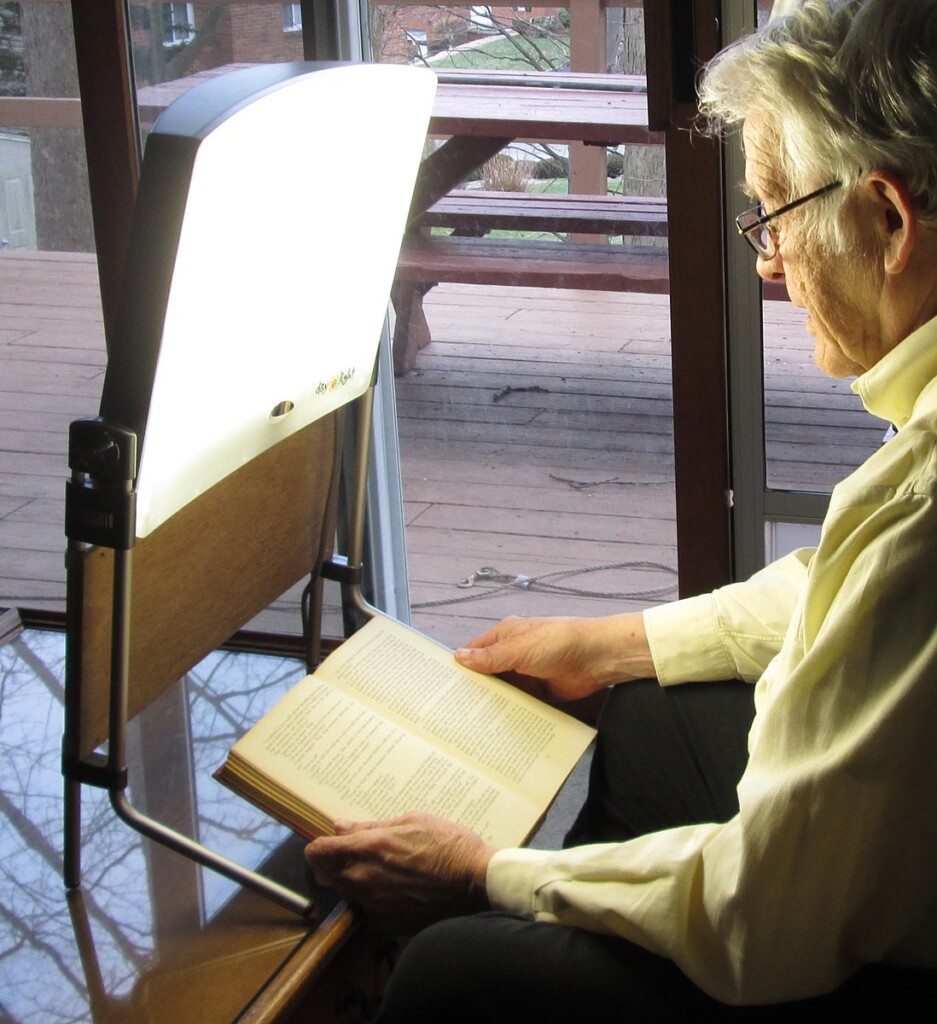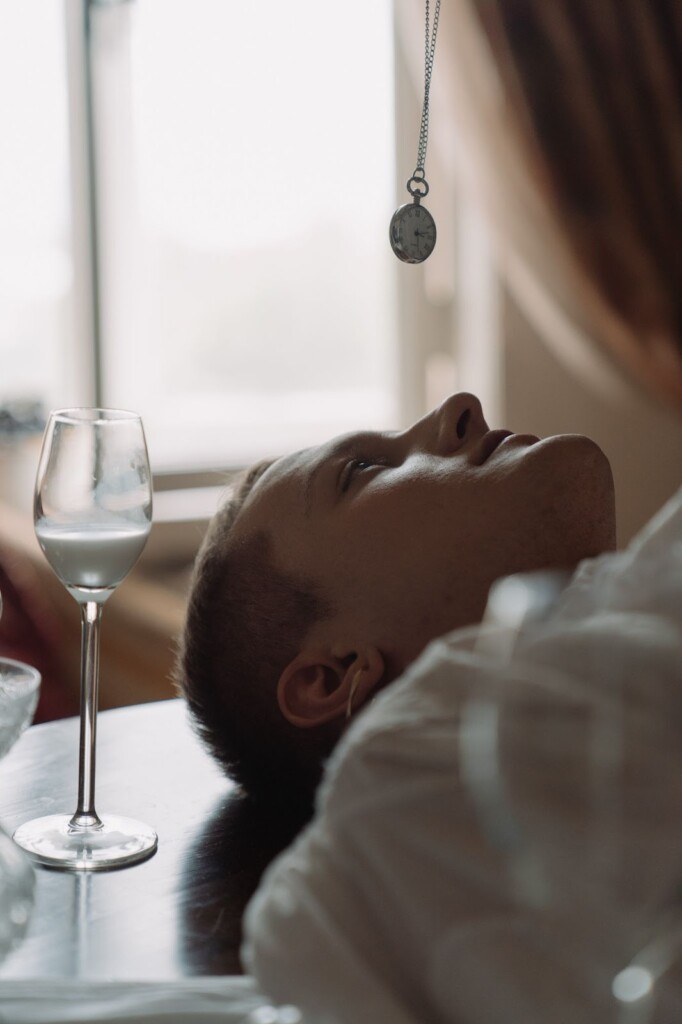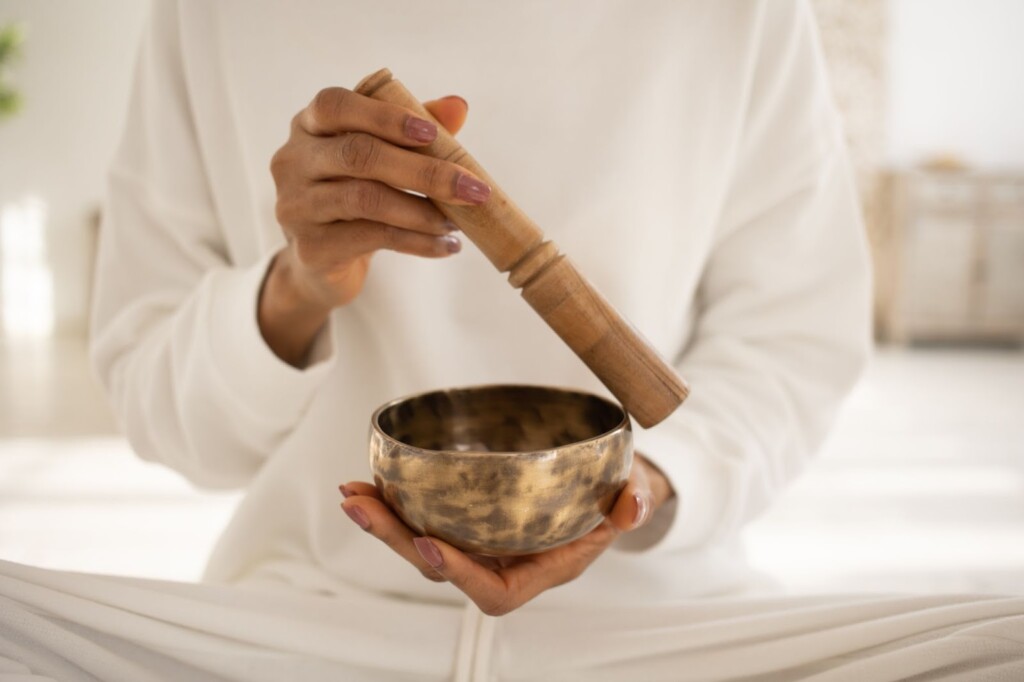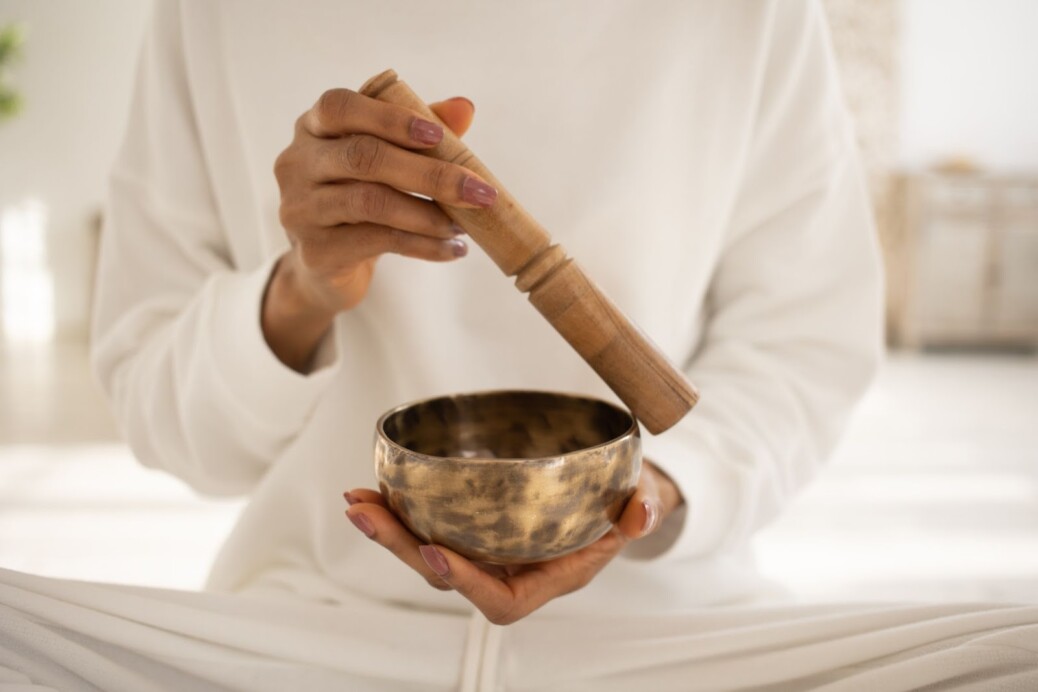7 Mind-Blowing Techniques for Managing Depression You Never Knew Existed
Introduction
Treating depression usually involves therapy and medication. However, there are many other techniques that are worth exploring that may surprise you. We’ll discuss 7 unconventional techniques for managing depression that have been researched and shown to have potential benefits.
It’s important to note that these techniques should be seen as complementary to professional medical care. It’s always advisable to consult with a healthcare professional before trying any new techniques.

1. Forest Bathing
Forest bathing, or forest therapy, is a practice that involves spending time in nature, particularly forests, to reduce stress and improve mental wellbeing. It is inspired by the Japanese practice of shinrin-yoku. There are decades of research that show how forest bathing can reduce stress, improve attention, boost your immune system, and improve your mood1. You are usually taken through a trail with a licensed guide at a slow pace with a focus on connecting with nature.
You can find forest therapy guides licensed through the Association of Nature & Forest Therapy using this directory.

2. Light Therapy
Light therapy, also known as phototherapy, is a technique that involves exposure to bright artificial light to mimic natural sunlight. It is commonly used to treat seasonal affective disorder (SAD) and other forms of depression. Light therapy has been found to be effective in reducing symptoms of depression and improving mood and sleep2. It is one of the more non-invasive and safe techniques for depression. Light boxes are even available for purchase online, so this is also one of the more accessible techniques for managing depression.

3. Art Therapy
Art therapy uses creative processes such as painting, drawing, collage, coloring, sculpting, or dancing to improve self-expression and encourage emotional healing. This kind of creativity gives individuals suffering from depression another way of expressing themselves. Research shows that people who participate in art therapy sessions show improved physical symptoms, such as fatigue, and improved depression and anxiety symptoms3,

4. Laughter Therapy
Laughter therapy involves using “laughter exercises and activities” to reduce stress, improve mood, and boost self-esteem4. These exercises differ from person to person, but they may include using laughter exercises, clowns, comedy movies, books, games, or puzzles to help use laughter as pain and stress relief. It is a non-invasive, cost-effective, and easily accessible intervention that can help with depression and anxiety symptoms.

5. Hypnotherapy
Hypnotherapy is a technique that uses hypnosis to access your subconscious and encourage positive changes in thoughts, emotions, and behaviors. Research has shown hypnotherapy is effective at treating depression when used alongside other traditional treatments for depression5. It’s been shown to improve overall sense of well-being, lift your mood, and boost feelings of hopefulness.

6. Flotation Therapy
Flotation therapy, also known as float therapy or sensory deprivation therapy, involves floating in a sensory deprivation tank filled with salt water. It promotes deep relaxation and reduces symptoms of depression and anxiety. One study found that participants reported significant reductions in stress, muscle tension, pain, and depression as well as significant improvements in mood6.

7. Sound Therapy
Sound therapy involves listening to specific sounds, such as binaural beats or nature sounds, to encourage relaxation, reduce stress, and improve mood. Take sound baths, a form of sound therapy, that uses a range of instruments, like bells, gongs, and crystal/singing bowls, to treat individuals. The calming and relaxing effects of the sounds and vibrations can help quiet the mind and reduce feelings of worry and anxiety. It can also encourage feelings of inner peace and calm. Participants also reported improvements in physical symptoms, such as improved energy levels7.
Conclusion
While traditional depression management techniques such as therapy and medication are effective, there are also many alternative techniques that may offer additional benefits. It’s important to remember that these approaches should be seen as complementary to professional medical care. Seek the advice of a healthcare professional who can guide you in choosing appropriate management options for your specific symptoms.
References
- Kotera, Yasuhiro & Richardson, Miles & Sheffield, David. (2020). Effects of Shinrin-Yoku (Forest Bathing) and Nature Therapy on Mental Health: A Systematic Review and Meta-Analysis. 10.13140/RG.2.2.12423.21920.
- Newland P, Bettencourt BA. Effectiveness of mindfulness-based art therapy for symptoms of anxiety, depression, and fatigue: A systematic review and meta-analysis. Complement Ther Clin Pract. 2020 Nov; 41:101246. Doi: 10.1016/j.ctcp.2020.101246. Epub 2020 Oct 13. PMID: 33075726.
- Hassan Khazraee, Maryam Bakhtiari, Amir Sam Kianimoghadam & Elaheh Ghorbanikhah (2023) The Effectiveness of Mindful Hypnotherapy on Depression, Self-Compassion, and Psychological Inflexibility in Females with Major Depressive Disorder: A Single-Blind, Randomized Clinical Trial, International Journal of Clinical and Experimental Hypnosis, 71:1, 63-78, DOI: 10.1080/00207144.2022.2160257
- Feinstein JS, Khalsa SS, Yeh HW, Wohlrab C, Simmons WK, Stein MB, Paulus MP. Examining the short-term anxiolytic and antidepressant effect of Floatation-REST. PLoS One. 2018 Feb 2;13(2): e0190292. Doi: 10.1371/journal.pone.0190292. PMID: 29394251; PMCID: PMC5796691.


